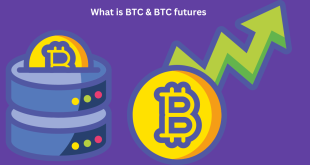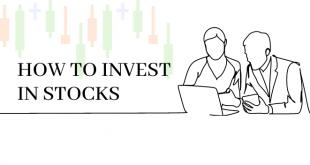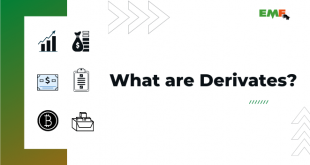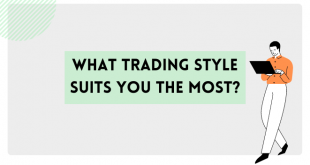Forex market makers vs ECN brokers
ECN
MARKET MAKERS
Forex market makers vs ecn brokers Market makers have a dealing desk. The broker usually acts as a counterpart for
almost every transaction made by traders. Brokers hedge their
own risk by opening trades in the opposite direction for the same amount.
Very few orders are sent to their liquidity providers because most of the
trades they handle are under the minimum standard lot requirement from
the banks. Bigger positions can be hedged in-house, transferred to
another associated market maker, or transacted directly with the liquidity
provider through a pooling of funds and opening a position directly with
the bank. Orders are matched or covered one with another; for example,
if one trader is selling and another is buying the same currency pair,
any difference in quantities is assumed by the broker. This often leads
to conflicts of interest: When the trader wins, the broker can lose, and
vice versa. To protect themselves, some brokers widen the spreads, use
slippage, or even ‘disconnect’ the trading server during heavy volatility
caused by economic news.
Because of program trading and more retail customers in the FOREX
market, most FCMs have found it difficult at best to trade against their customers.
What they know, and what you are seeing, is that if a customer sees
his or her FCM playing any of these sorts of games (i.e., wide spreads, off
quotes, etc.), he or she simply will leave and go to a new FCM. Thus the
FCMs are off-laying their trades directly to the Interbank, the source of the
trillions of dollars of turnover. This allows the FCM to focus on proving the
best possible trading environment, one with a lot fewer conflicts of interest.
The Interbank market is so big that it is less likely to be concerned with the
average retail trader making money because the amount is so insignificant
in the face of total daily turnover.
You still will have FCMs managing their books as I mentioned earlier.
If you and I took opposite positions on the EUR/USD, the FCM would have
a balanced book, and one of us would lose and one of us would make
money. The broker makes the spread on both sides. This is an ideal situation for the broker and certainly an acceptable business practice. However,
what happens if we both go long the EUR? Then the broker has an unbalanced book. Three things will happen:
Either the broker will hold the trade and thus trade against the customer, or it will go out into the marketplace to
offset the position either in full or at a percentage to minimize its risk, or it
simply will offload the transaction directly to the Interbank. The goal is to
have as many customers as possible so that the broker has a better chance
of having a balance book and making the spread on both sides. There is
nothing wrong with the FCM making money as long as you understand the
process and don’t get manipulated along the way. Education and knowledge are the keys to success.
I am happy that you are reading this book and
have put your trust in me to help fill that FOREX knowledge you need to
achieve success as a FOREX trader.
ECNS
ECN-type brokers do not have a dealing desk. The broker serves as an
intermediary to connect traders with the banks but does not take the trades
itself. Such brokers usually charge a commission on every transaction
because they do not profit from hidden charges on the spreads. They also
do not manipulate spreads and prices, those being the quotes received
directly through the Interbank.
The spreads are usually lower than those of
market makers, and this is an advantage for scalping strategies. However,
the spreads are not fixed and can experience huge variations during volatile
conditions. An ECN environment is conducted according to real market
prices, and such prices can be moving very fast based on the availability of
buyers and sellers. There is no price guarantee. However, you have the
advantage of being able to see the real market with total transparency and
actual quotes, and the volume of transactions being made. ECN operation is
most like the banks at Level II, but the ECN is still functioning as an intermediary.
Additionally, you probably will need a higher capitalization for
ECN trading because most ECNs allow only full-lot transactions and offer
lower leverage than retail brokers.
On the NASDAQ, when a trader places an order to buy or sell stock
they are placed through many different market makers and other market
participants. Level II is a more detailed look into who has what interest in
a particular stock. Level II will show you the best bid and ask prices giving
you a detailed insight into the price action of the stock.
For day traders knowing exactly who has an interest in a stock can be extremely useful.
Best hours to trade in the forex market
 Earn Money Forex Best Forex Trading Experience
Earn Money Forex Best Forex Trading Experience








